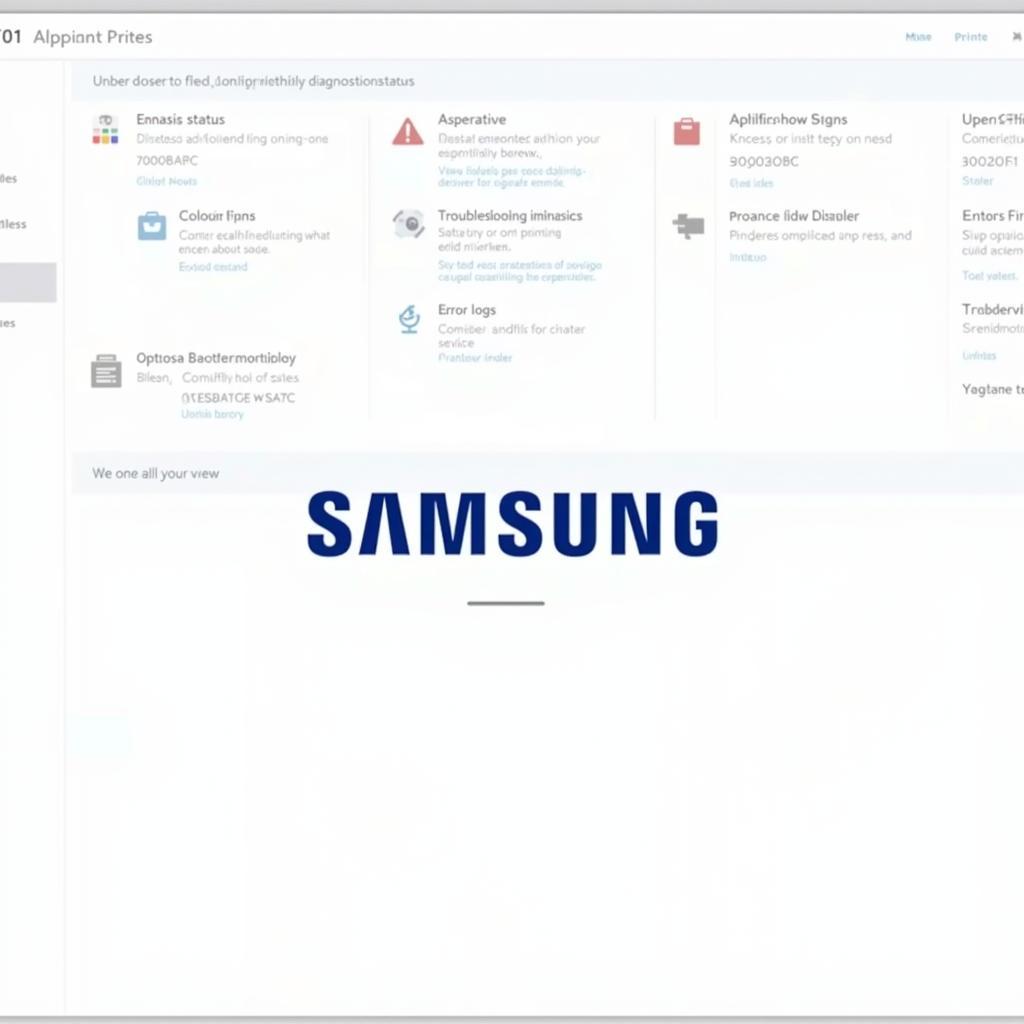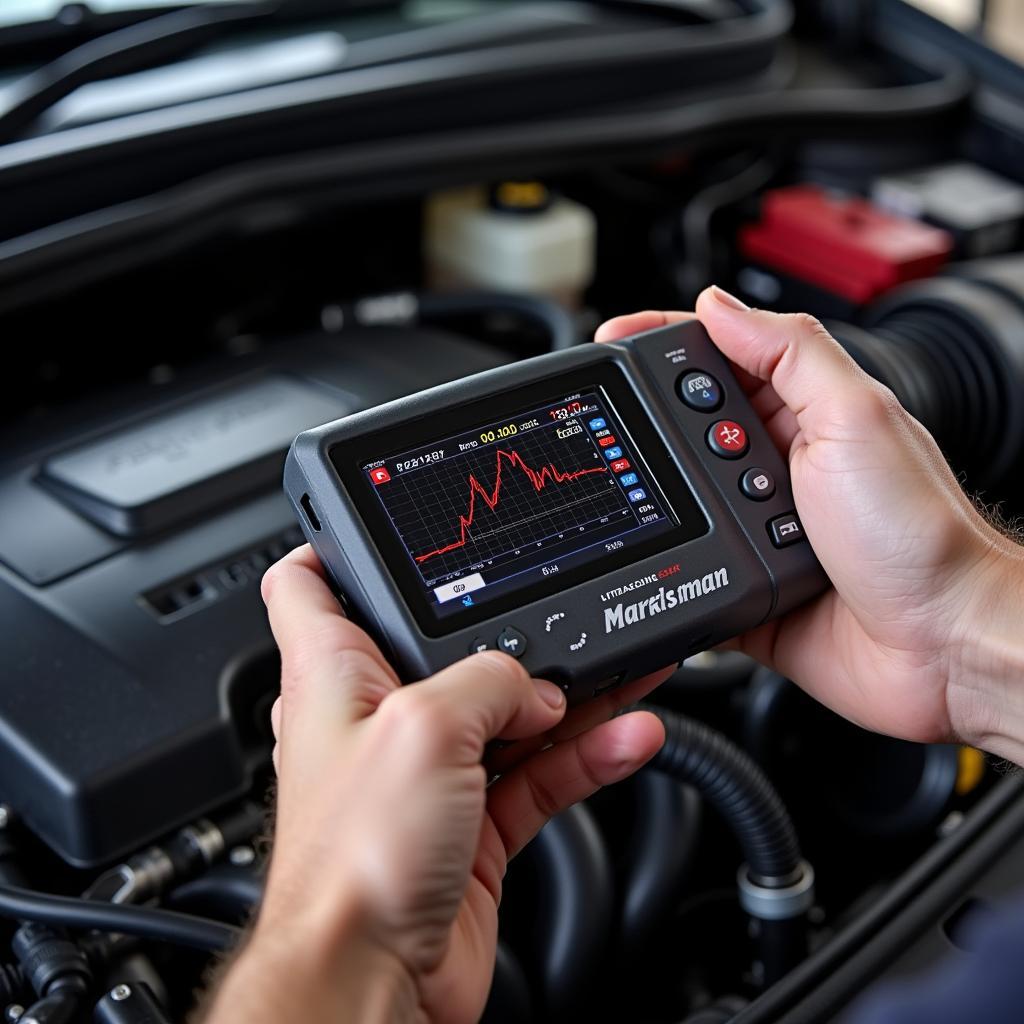The “Windows Memory Diagnostics Tool In Windows Xp Site Youtube.com” search indicates users are looking for information on using Windows XP’s memory diagnostic tool, possibly in the context of car repair. While Windows XP is outdated for modern car diagnostics, understanding memory issues can be crucial for troubleshooting older vehicle computer systems. This article explores how memory problems can affect car performance and offers solutions, including utilizing similar diagnostic tools available today.
Understanding Memory’s Role in Your Car’s Computer
Modern vehicles rely heavily on computer systems for various functions, from engine management to safety features. These systems, much like your personal computer, utilize memory (RAM) to store and access data quickly. Faulty RAM can lead to erratic behavior, impacting everything from the engine’s performance to the entertainment system. Imagine your car hesitating during acceleration or the dashboard displaying incorrect information – these could be symptoms of a memory problem.
Identifying Memory-Related Issues in Your Car
Several signs point towards potential memory issues within a car’s computer. These can include intermittent problems, unexplained system shutdowns, or error messages on the diagnostic scanner. Recognizing these symptoms can help narrow down the source of the problem and prevent unnecessary replacements of other components.
- Intermittent malfunctions: Does your car radio sometimes cut out, or the speedometer suddenly drop to zero? These seemingly random glitches can indicate a memory problem.
- System crashes: If the car’s computer completely shuts down and restarts, it could be due to faulty RAM.
- Diagnostic trouble codes (DTCs): While not always directly related to memory, certain DTCs can hint at underlying memory issues.
Beyond Windows XP: Modern Car Diagnostics
While the “windows memory diagnostics tool in windows xp site youtube.com” search might point to an older approach, today’s car diagnostic tools have advanced significantly. Dedicated automotive scanners, often equipped with sophisticated software, can pinpoint memory-related faults with greater precision.
Using Modern Diagnostic Scanners
Modern scanners offer functionalities beyond simple code reading. They can perform active tests on various components, including the car’s computer, and analyze memory usage and performance. This allows for a more thorough diagnosis than older methods.
- Connecting to the OBD-II port: Most modern vehicles have an OBD-II port that allows access to the car’s computer system.
- Running specific tests: Diagnostic software can initiate tests specifically designed to identify memory problems within the car’s computer.
- Interpreting the results: Understanding the data provided by the scanner is crucial for accurate diagnosis and repair.
“Regularly checking your car’s computer system with a modern diagnostic tool is like giving your car a routine check-up. It helps prevent small issues from becoming major headaches,” says automotive electronics expert, David Miller, from Automotive Electronics Solutions.
Addressing Memory Issues
Once a memory problem is confirmed, several options exist for resolving the issue. Depending on the severity and the specific vehicle, these may include reflashing the computer’s software, replacing the faulty RAM module, or even replacing the entire computer unit.
Software Reflashing
Sometimes, corrupted software can mimic memory problems. Reflashing the car’s computer with updated software can often rectify these issues without the need for hardware replacement.
- Connect the reflashing tool: This specialized tool connects to the OBD-II port and communicates with the car’s computer.
- Upload the updated software: The reflashing tool transfers the new software to the vehicle’s computer, overwriting the existing software.
- Verify the update: After the reflashing process is complete, it’s essential to verify that the update was successful and that the issue is resolved.
Conclusion
While searching for “windows memory diagnostics tool in windows xp site youtube.com” highlights a desire to understand car computer memory issues, it’s important to recognize that modern diagnostic tools and techniques have evolved. While older approaches might not be directly applicable, understanding the role of memory in car computers is fundamental for effective troubleshooting. Using updated diagnostic software and procedures is vital for identifying and resolving these issues. For further assistance and access to professional-grade diagnostic equipment, contact ScanToolUS at +1 (641) 206-8880 or visit our office at 1615 S Laramie Ave, Cicero, IL 60804, USA.
“Don’t let memory problems leave you stranded. Invest in the right diagnostic tools and knowledge to keep your car running smoothly,” advises Sarah Chen, Senior Automotive Engineer at Advanced Vehicle Diagnostics.


